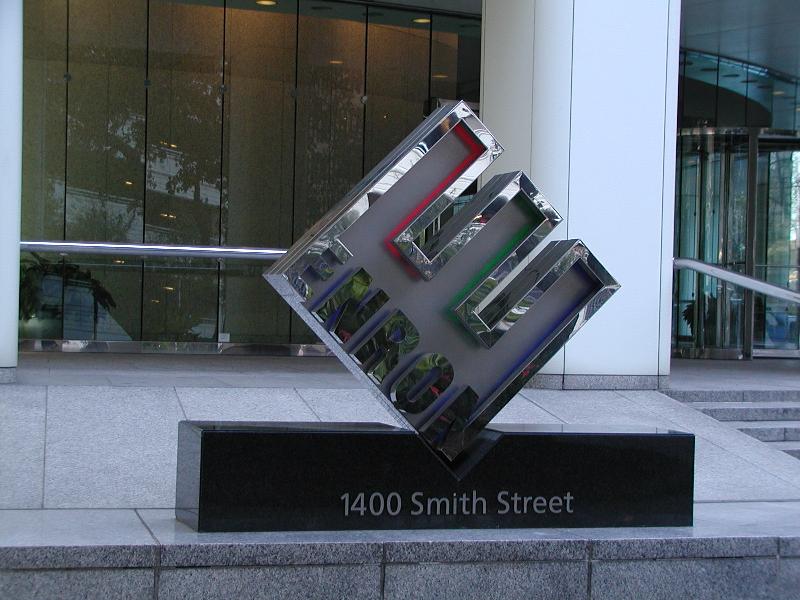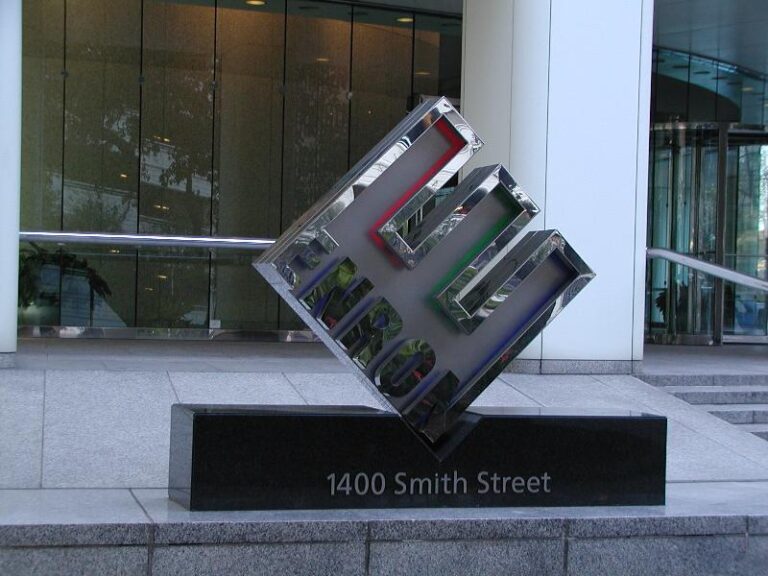
When Enron declared bankruptcy in December 2001 and took with it the nest eggs of thousands of employees and stockholders, the FBI field office in Houston assigned two agents to investigate. Within weeks, the number of agents and support staff assigned to the case grew to 45, many hand-picked from field offices around the country for their expertise in traversing even the most circuitous paper trails.
The case would become the largest and most complex white-collar investigation in FBI history and spawn a unique investigative task force of prosecutors, agents and analysts in Houston and Washington, D.C., each uniquely skilled at drilling deep into balance sheets and following the money. Their job: to learn how company officials perpetrated fraud on such a grand scale, build a strong criminal case, and hold accountable those responsible.
The five-year investigation led to jury convictions of top Enron officials who enriched themselves by cheating investors with sham accounting, and guilty pleas from some 16 others who were in on it. Being a major case, it was administered at the highest levels of the FBI and the Department of Justice, as well as the Securities and Exchange Commission. In Houston, Supervisory Special Agent (SSA) Michael E. Anderson, chief of his office’s economic crimes squad, led the investigation on the ground. He describes how agents assembled the case:
- In January 2002, agents executed a consent search of Enron’s 50-story corporate headquarters building. The search lasted nine days as investigators unearthed critical documents and emerged with over 500 boxes of evidence. At the same time, agents conducted more than 100 interviews that helped identify fresh leads for investigators.
- In February 2002, Enron’s board of directors issued findings from its own internal investigation—the Powers Report, named for William Powers Jr., head of the special investigation committee that wrote it—that said Enron executives reaped millions by violating basic accounting principles. “That was a gold mine,” SSA Anderson said. Agents conducted over 1,800 interviews in the U.S. and overseas.
- Agents expert at teasing forensic evidence from computers—a Computer Analysis and Response Team—collected over four terabytes (imagine 4,000 copies of an encyclopedia) of data, including e-mail from over 600 employees. Meanwhile, the Regional Computer Forensics Laboratory in Houston processed some 30 terabytes of data, making still more sense of the paper trail and flagging important leads for investigators.
- Financial analysts combed through hundreds of bank and brokerage accounts to track fraudulent purchases, which proved critical in securing restraining orders, seizing more than $168 million in assets and supporting insider trading charges.
What emerged was a mosaic of inter-related schemes—some hardly more than smoke and mirrors—that toppled a company that once boasted annual revenues over $150 billion. Enron ripped off California, selling energy to the state’s strapped utilities at over-inflated rates. Officials overstated the company’s fledgling Broadband venture, hitching the company’s stock price to the star of the still-nascent Internet bubble. The company overvalued its international assets by billions to generate cash flow and manipulated its quarterly earnings statements to keep Wall Street happy and its stock price afloat.
SSA Anderson said it was the thousands of victims, hard-working employees who lost their pensions, and the desire to hold accountable those responsible for the failure of Enron, that motivated agents, analysts, and others on the Enron Task Force to press ahead on the massive case.
“They lost their retirements, their health insurance, their livelihoods. That kept everyone interested in pressing forward in spite of the huge personal sacrifices inherent in working a major case for over five years,” Anderson says. “If it’s some consolation to them, the people that were responsible for this fraud were punished for it.”
Ten Years Later: The Enron Case
It was 10 years ago this month that the collapse of Enron precipitated what would become the most complex white-collar crime investigation in the FBI’s history.
Top officials at the Houston-based company cheated investors and enriched themselves through complex accounting gimmicks like overvaluing assets to boost cash flow and earnings statements, which made the company even more appealing to investors. When the company declared bankruptcy in December 2001, investors lost millions, prompting the FBI and other federal agencies to investigate.
The sheer magnitude of the case prompted creation of the multi-agency Enron Task Force, a unique blend of investigators and analysts from the FBI, the Internal Revenue Service-Criminal Investigation Division, the Securities and Exchange Commission, and prosecutors from the Department of Justice.
Agents conducted more than 1,800 interviews and collected more than 3,000 boxes of evidence and more than four terabytes of digitized data. More than $164 million was seized; to date about $90 million has been forfeited to help compensate victims. Twenty-two people have been convicted for their actions related to the fraud, including Enron’s chief executive officer, the president/chief operating officer, the chief financial officer, the chief accounting officer, and others.
“The Enron Task Force’s efforts resulted in the convictions of nearly all of Enron’s executive management team,” said Michael E. Anderson, assistant special agent in charge of the FBI’s Houston Division, who led the FBI’s Enron Task Force in Houston. “The task force represented a model task force—the participating agencies selflessly and effectively worked together in accomplishing significant results. The case demonstrated to Wall Street and the business community that they will be held accountable.”
Resources:
– A Look Back at the Enron Case
– Enron trial exhibits and documents

